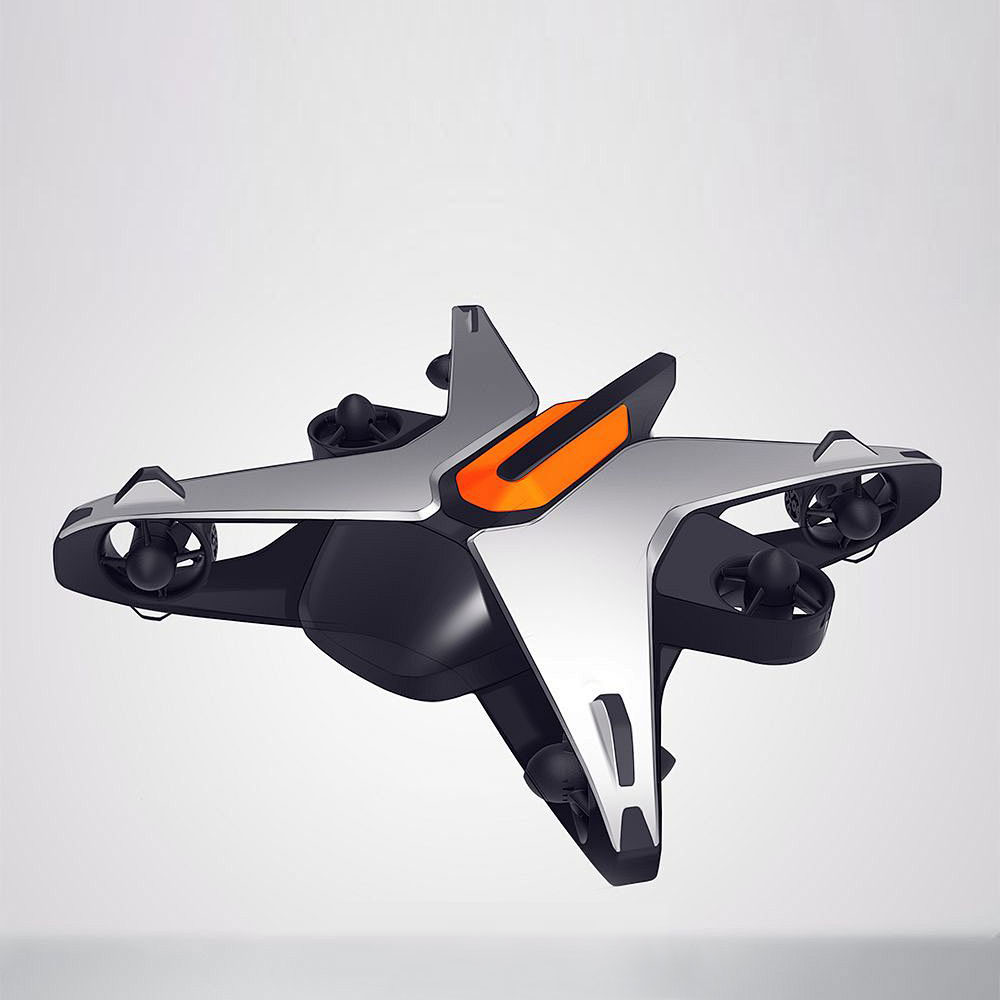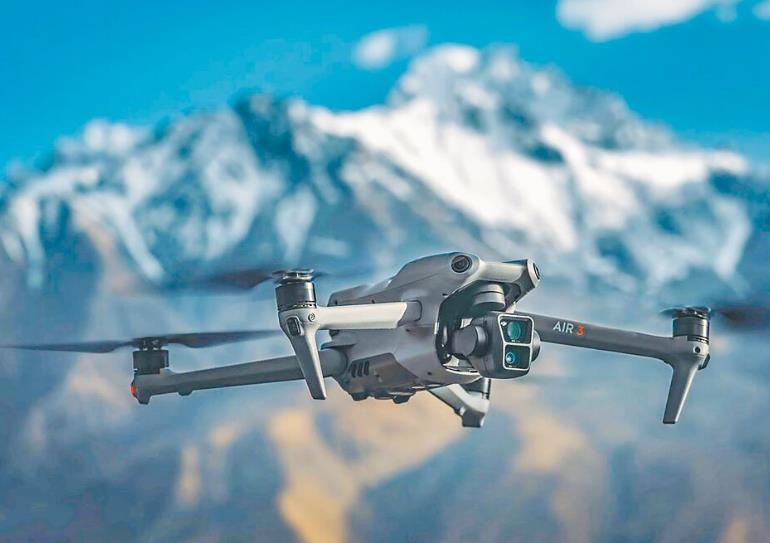In recent years, the rapid advancement of technology has brought about remarkable innovations, one of which is the development of drone detector systems. As the use of drones continues to expand across various sectors, the need for effective monitoring and detection systems has become increasingly critical for enhancing security measures. These sophisticated systems are designed to offer comprehensive solutions to identify and mitigate potential threats posed by unauthorized or intrusive drones.
Understanding Drone Detection Technology
Drone detector systems employ a range of technologies to detect, track, and neutralize unauthorized drones. These systems can utilize radio frequency (RF) sensors, acoustic sensors, and optical systems, each providing unique advantages. RF sensors are adept at identifying the signals emitted by drones, while acoustic sensors can detect the distinctive sounds produced by drone engines. Optical systems, on the other hand, use cameras and radar to visually identify and track drones. By incorporating multiple detection technologies, drone detectors can offer a multi-layered approach to ensure reliable and accurate identification.
The Importance of Drone Detection
Drones present several security challenges, including privacy invasion, surveillance, and potential threats to critical infrastructure. In environments such as airports, government facilities, and public events, unauthorized drone activity can pose significant risks. Drone detector systems play a crucial role in safeguarding these areas by providing early warning and enabling security personnel to respond promptly to any potential threats.

Features of Advanced Drone Detector Systems
- Real-time monitoring and alerts
- Integration with existing security systems
- Automatic identification and classification of drone types
- Scalable solutions for diverse environments
- Capability to neutralize or control drones if necessary
Choosing the Right Drone Detector
When selecting a drone detector system, several factors should be considered to ensure maximum security. The system’s range, detection accuracy, and the ability to integrate with existing security infrastructure are paramount. Additionally, it is important to evaluate the system’s ability to handle multiple simultaneous detections and its ease of use. A comprehensive assessment of these aspects can guide decision-makers in acquiring a system that meets their specific requirements.
Applications of Drone Detection Systems
Drone detector systems are used in a variety of applications including but not limited to:
- Military and defense establishments
- Aviation and airport security
- Corporate protection and asset security
- Event management and crowd control
By implementing these systems, organizations can greatly reduce the risks associated with unauthorized drone activities.
FAQs About Drone Detector Systems
What is the best technology for detecting drones?
While RF sensors are widely used due to their efficiency in picking up drone signals, a combination of RF, acoustic, and optical systems is recommended for comprehensive coverage and accuracy.
Can drone detectors control or neutralize drones?
Yes, some advanced systems come equipped with capabilities to neutralize or control drones, especially in sensitive environments where security breaches are not acceptable.
Is it legal to use drone detection systems?
The legality varies by jurisdiction, so it’s important to ensure compliance with local regulations before deploying drone detectors.
)
